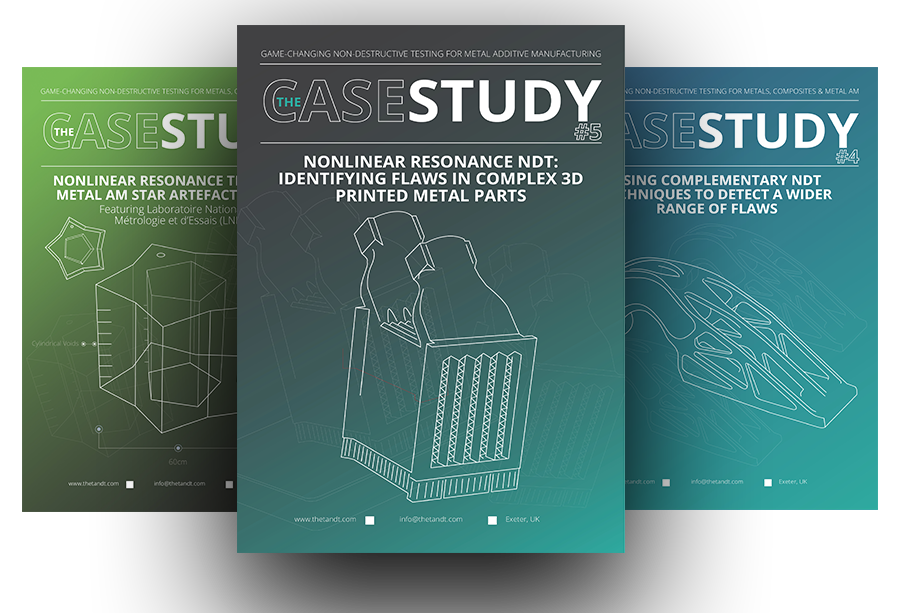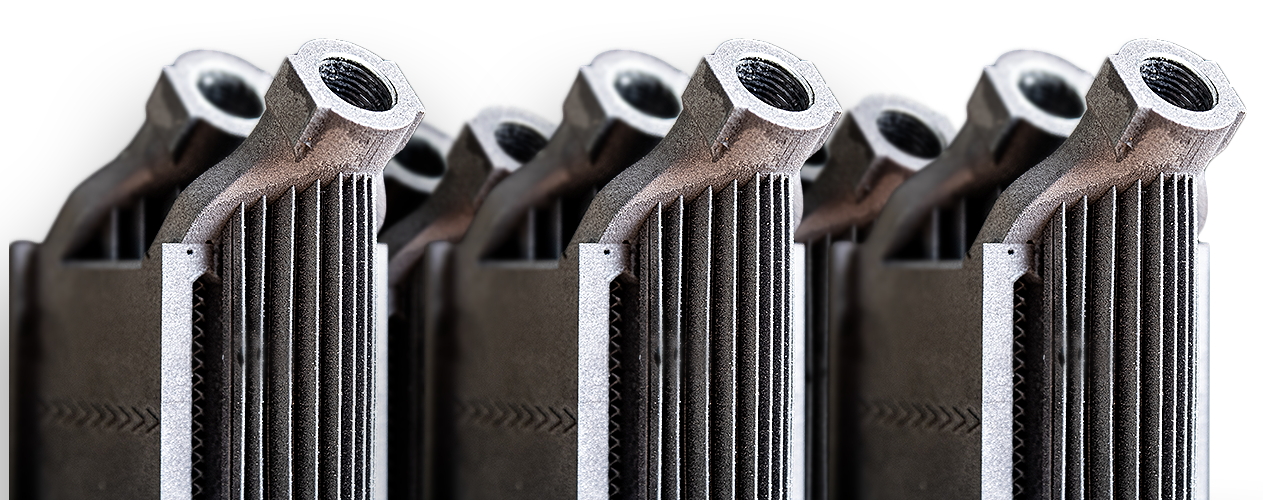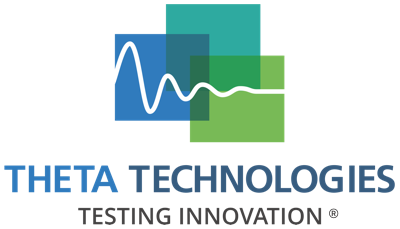
Experience the only practical part inspection solution
for complex AM metals produced at scale.
Are you encountering unexpected challenges with your additive manufacturing quality assurance processes? Our team of technical specialists are ready to demonstrate what’s possible with a complementary nonlinear resonance NDT part test.
Sign up below to book your initial consultation.
TEST FAST,
MAKE MORE,
SPEND LESS.
RD1-TT boasts impressive test speeds enabling you to perform 100% AM part inspection.
Your journey to a
complementary AM part test
Interested in our free complementary part test using nonlinear resonance NDT? Here’s how the process works.

Consultation
Complete the sign-up form to request a consultation with a member of our team where we discuss your requirements, assess part suitability and design the test.

Ship your parts
Once we’ve confirmed that your parts can be tested in RD1-TT, you’ll be asked to ship your parts to our lab here in Exeter, UK.

Test and Report
Our team will optimise RD1-TT for your specific components, perform the non-destructive tests and create a detailed report explaining the results.
Why We Are Offering You
A Free Non-Destructive Test.
Hear fromTheta Technologies’ Operations Manager, Kris Delaney to find out why we’re offering you the chance to put our nonlinear resonance NDT solution to the test for free.

Discover the applications by
exploring our case study library.
From automotive heat exchangers to aerospace hinge brackets, see how nonlinear resonance NDT performs when put to the test for a range of additive manufactured components.

BOOK A FREE
NON-DESTRUCTIVE PART TEST
Discover how effective our nonlinear resonance NDT solution is with a complementary part test.
Theta Technologies Limited

Address
Theta Technologies Limited
3 Babbage Way
Exeter Science Park
Clyst Honiton
Exeter
EX5 2FN
United Kingdom
Terms & Conditions Privacy & Cookie Policy Anti-Slavery Policy © Theta Technologies. 2024
